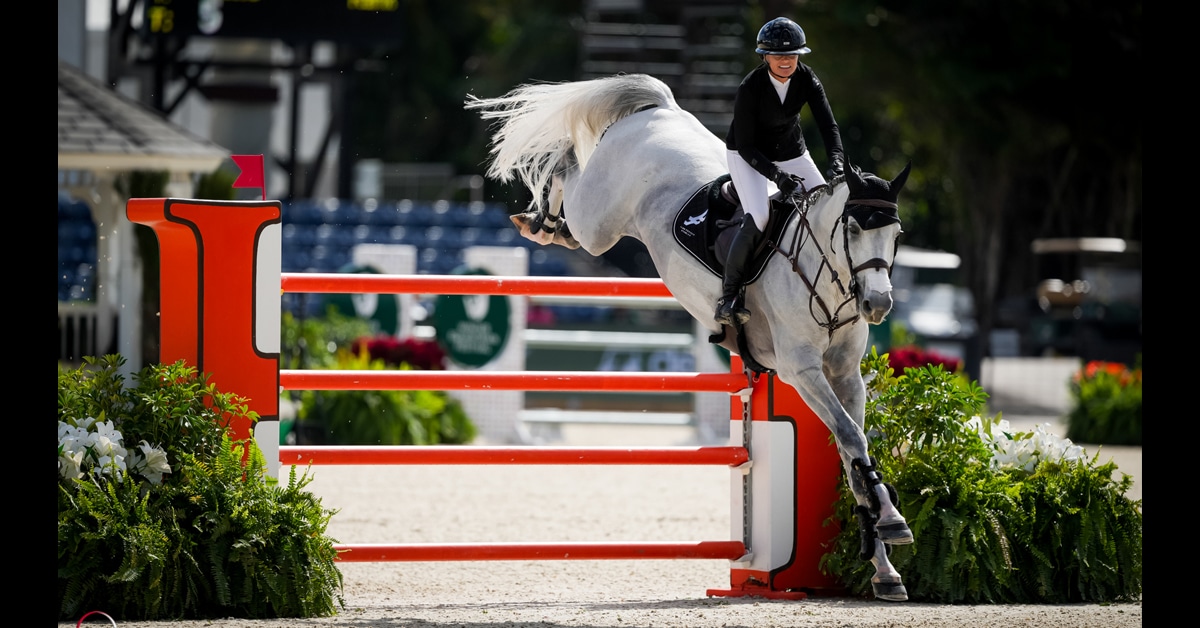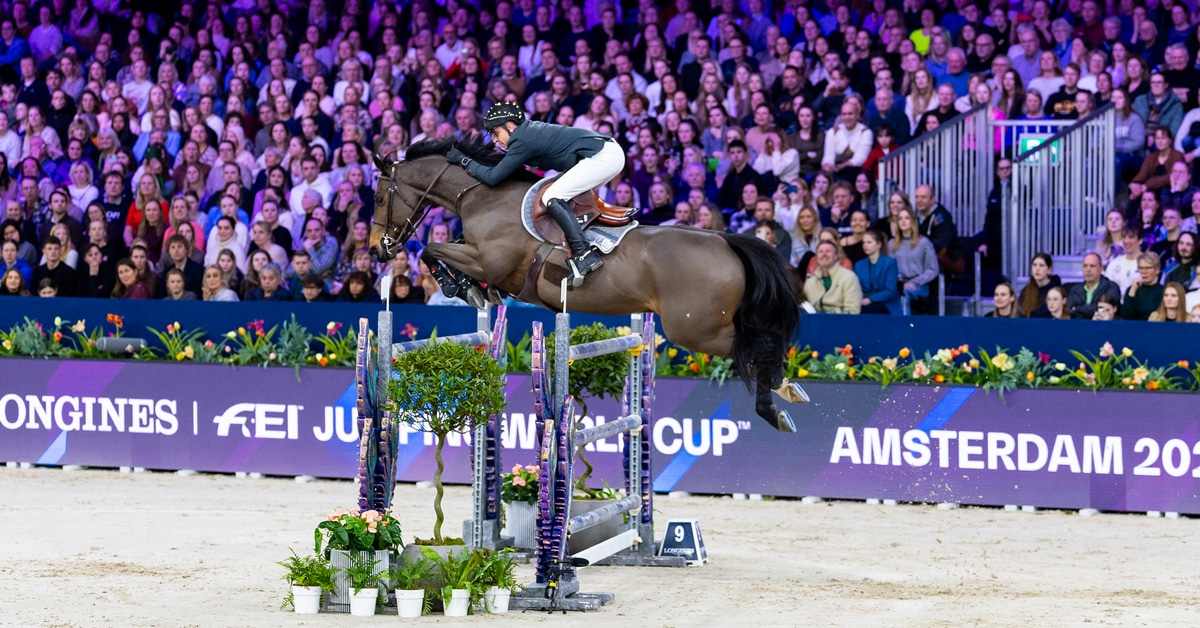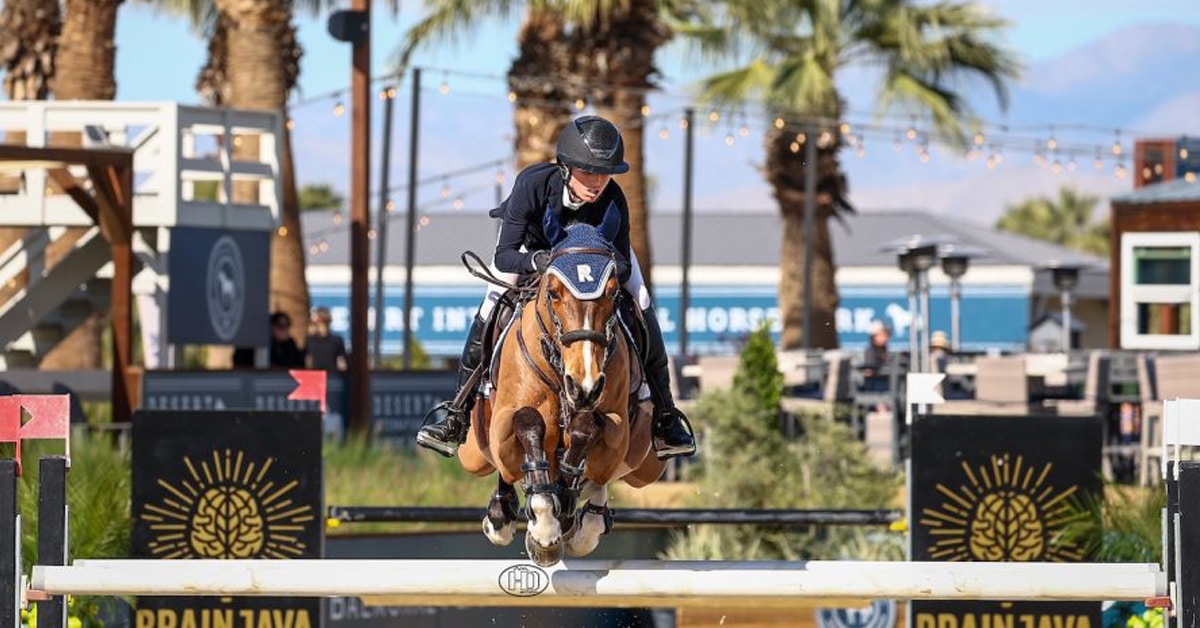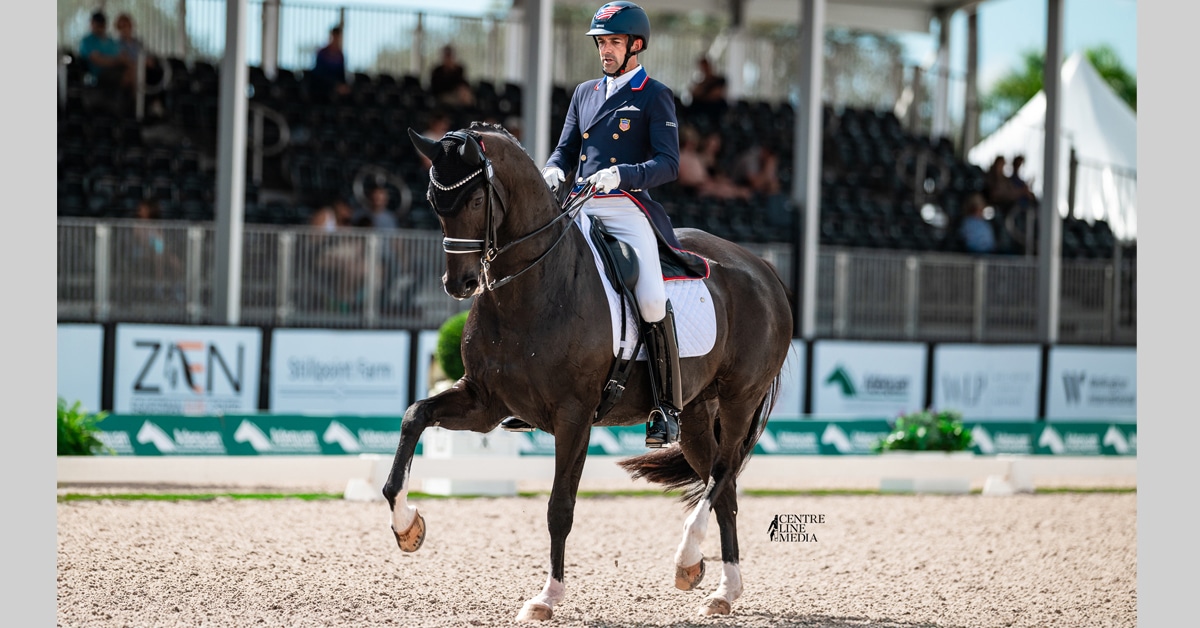An Omani endurance rider has been handed a three-year suspension and FEI record fine of 10,000 Swiss francs ($14,475 CAD) by the FEI Tribunal after two different horses tested positive to arsenic on consecutive weekends.
Said al Balushi’s ride Kekmadar (trainer: Rashed Suhail al Darbi, UAE) was sampled at in the CE1* 100 at Al Wathba, Abu Dhabi on December 8, 2018, with Si Quilombo (trainer: Joynal Abedin, Bangladesh/UAE) sampled on December 15, 2018, also at Al Wathba.
Save for requesting a test of the B sample, the rider did not respond to any communications from the FEI or provide a written explanation for the presence of the banned substance, from which Tribunal member Cesar Torrente, sitting as a panel of one, drew an “adverse inference.”
The FEI legal department had recommended a two-year suspension and 7,500 Swiss franc fine, but the Tribunal said tougher penalties were justified.
“In the case at hand, the Person Responsible [rider] was riding two different horses, trained by two different individuals, and both horses tested positive for the same banned substance within a timeframe of one week. Even though this substance is never to be used, as it is a banned substance, this case tells us otherwise. In fact, the positive findings confirm that the substance has been used at least twice on horses ridden by the PR.
“The Tribunal sees a clear pattern of the use of this substance, and finds that the multiple use of this substance qualifies for the application of aggravating circumstances.
“The PR seemingly has not conducted any duty of care, as is required and expected from a rider.”
Tribunal noted that that arsenic is a “stimulant used in the treatment of acute refractory leukaemia and to avoid convalescence” and that it “understands that arsenic has also been used to improve performance of horses in the racing industry for many years.”
The Tribunal has also issued a decision from another of the seven cases returned by the single CEI** 120 race at Al Ula in Saudi Arabia last year. The horse, Sarem (trainer: Ahmad Althmaly, KSA) tested positive to the banned steroid Stanozolol at Al Ula on February 2, 2019, and to Stanozolol, 16-beta-hydroxystanozolol at the CEI* 80 ride at Al Qaseem the previous month (January 12.)
The rider said the substance was given without his knowledge by the owner by a “doctor Emad” from Alkhalij pharmacy in Taif City. When he later asked about it, Althmaly was told that “the doctor said the substance is a normal hormone in the horse body, and it is not a prohibited substance.” Sarem was given three doses for three days 30 days before the race to increase weight and appetite, as he did not eat well. Althmaly asked for the FEI’s support and understanding.
The FEI asked Althmaly for more evidence to support his explanations, but none was received, so the explanations remained “mere speculations.”
He was fined 7,500 Swiss francs and suspended for two years.
Seventeen of the 27 anti-doping decisions issued by Tribunal so far this year involve endurance, mostly in the Middle East.
More News












